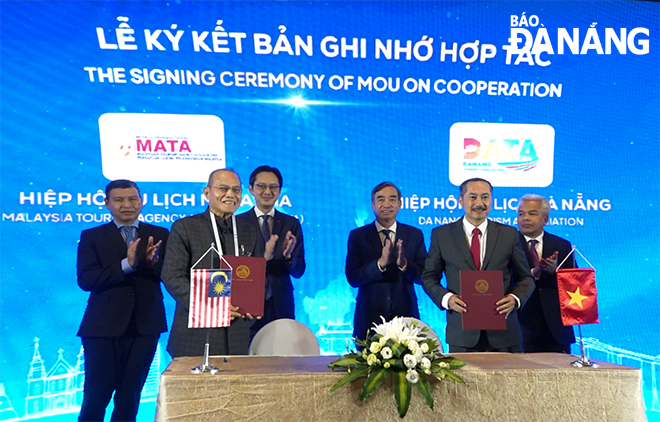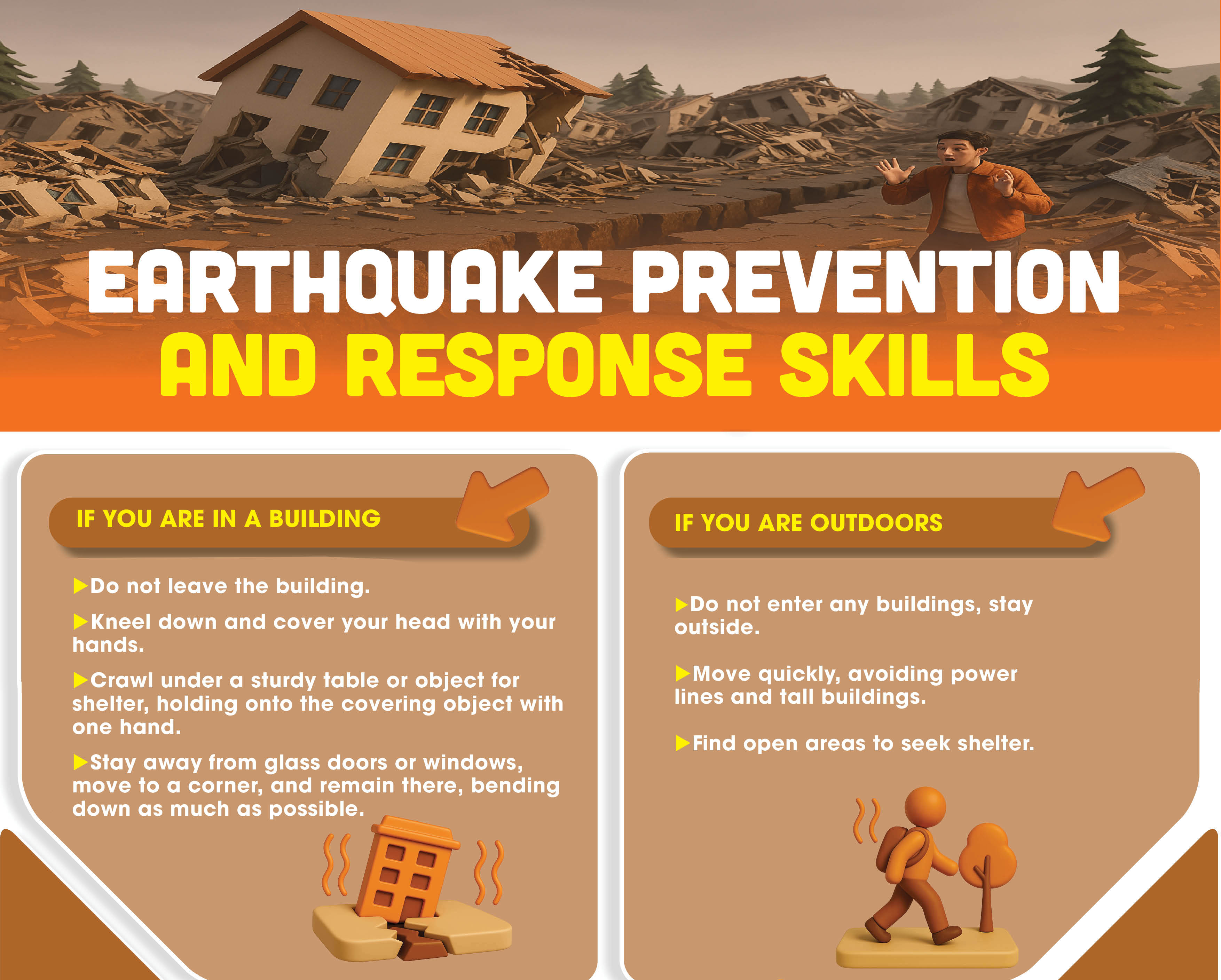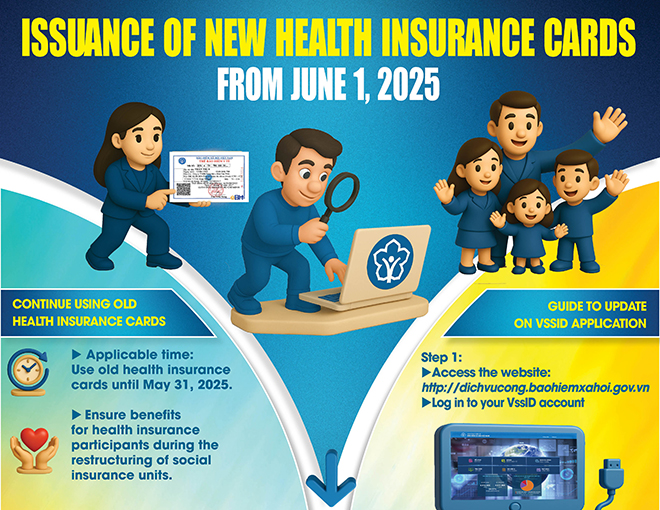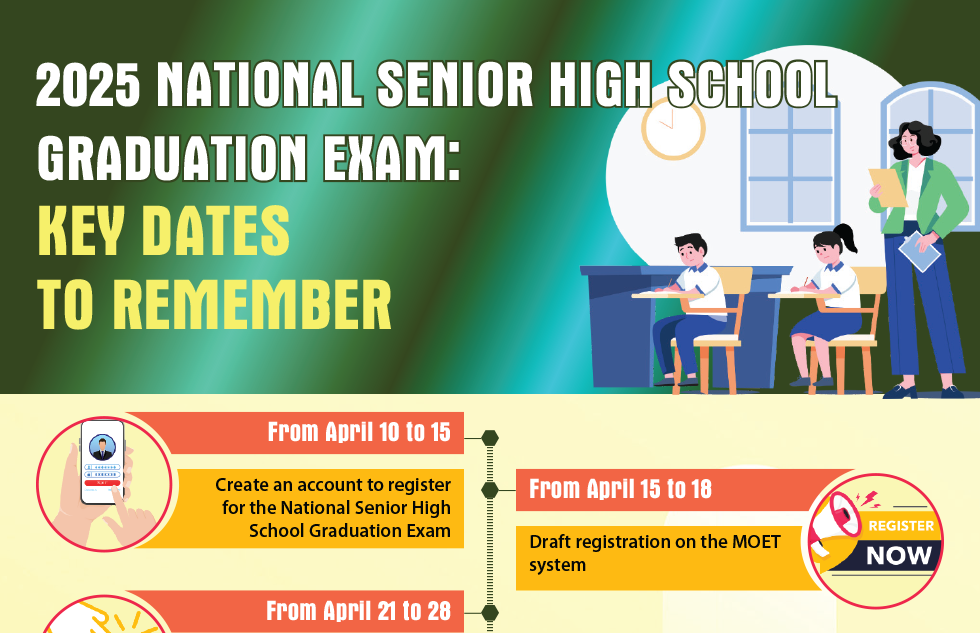Contribute to the discussion on "smart residents"
The event that Da Nang was honored to receive the Vietnam Smart City Award for the 5th consecutive time in the last days of 2024 highlights the remarkable efforts of the city’s leadership, businesses, and residents in realizing the goals and targets outlined in Resolution No. 43-NQ/TW dated January 14, 2019, issued by the 12th Politburo, regarding the development of Da Nang by 2030, with a vision to 2045. This significant achievement also prompts deeper reflection on strategies to sustain and further enhance these accomplishments in alignment with the criteria of a smart city.
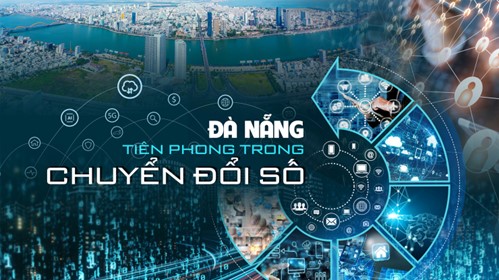 |
| Digital transformation cannot succeed without the establishment of a digital resident community, nor can a digital government be built without digital citizens. Photo: Archives |
As is known, "smart residents" is one of the six key criteria for identifying a smart city. The city’s macro-level planners have been focusing on projects to build smart environments, smart living, a smart economy, smart mobility, and smart governance, with a determined vision to transform Da Nang into a smart city that meets the satisfaction of its citizens. On their part, residents of the city are not standing idly by; they are actively seeking knowledge, enhancing their understanding, and collaborating with the government to create a cohesive smart city in the digital age.
Surely, no one naively believes that simply living in a smart city will automatically make them smart. However, it is clear that the appeal of increasingly civilized and intelligent lifestyles within the community will, sooner or later, influence and draw in even those who are resistant to change, stuck in outdated ways, or reluctant to embrace new ideas. The journey begins with small steps in everyday life.
For instance, housewives who traditionally focus on cooking for their families will gradually become smart consumers, staying away unsafe foods that harm health. Similarly, vendors will move away from the habit of using unverified ingredients to prepare food for customers, as it may lead to the loss of customers. More recently, in commercial transactions, even market vegetable sellers and small food stalls now provide QR codes, making it easier for buyers to engage in cashless payments.
From small matters to larger ones, the story of digital transformation has become an inevitable trend of our era, impacting every nation, family, and individual. Digital transformation cannot succeed without the creation of a digital citizen community, nor can a digital government be built without the participation of digital citizens.
Experts have analyzed and distilled the essential skills every citizen needs in today’s digital space. These include the ability to access digital information sources, communicate effectively in digital environments, possess basic digital skills, and engage in online commerce. Beyond these, there are critical concerns such as ethical standards and lifestyle norms in the digital realm, physical and psychological safety from digital influences, and the rights and responsibilities within the digital environment.
These skills are closely tied to essential qualities required of a smart citizen, including the ability to self-study and engage in lifelong learning, proficiency in using interactive tools, and the capacity to build and maintain social relationships. Cultivating a reading culture can also be seen as a fundamental requirement for forming a generation of knowledgeable, intelligent citizens who can adapt to the demands of a modern society built on the foundation of a knowledge-based economy. Depending on the level of education, living environment, career needs, and habits of reading printed materials or online content, reading habits enable people to access relevant and useful information and knowledge. Moreover, the skill of reading has the transformative power to enhance and refine human thinking.
This can be seen as a driving force for shaping a new generation of citizens in our city. Naturally, the role of a smart government and digital governance is crucial in guiding and supporting the community in acquiring and mastering skills related to information technology, the virtual world, digital culture, and the reading culture in today’s increasingly prevalent multimedia environment.
According to recent information from relevant professional authorities, Da Nang has implemented numerous applications, utilities, and channels for citizens and businesses to interact with the government in the digital environment. These initiatives encourage city residents to become more dynamic and connected in the online space, fostering a healthy lifestyle within a smart community.
The above scattered thoughts aim to contribute to the effort of raising public awareness about the role and status of being a resident of a smart city like Da Nang. Through way, each citizen will consciously and proactively affirm themselves while cooperating with the government to effectively build a smart city.
Reporting by NAI HIEN – Translating by HONG VAN, THANH HUYỀN



